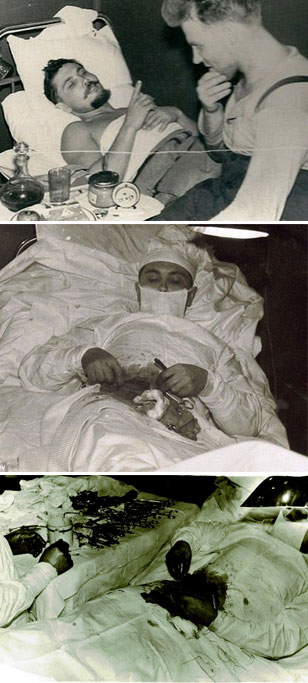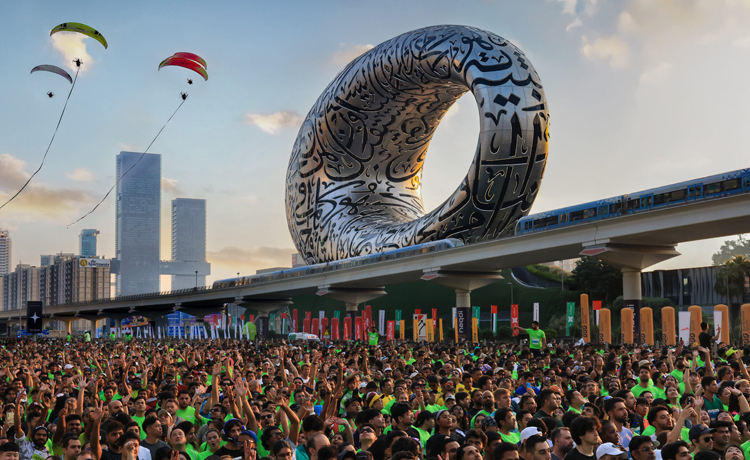
The Story of the Surgeon Who Removed His Own Appendix
In the depths of the Antarctic, the polar winter was descending. A team of explorers knew they faced months of darkness, snowstorms and extreme frosts.
They had travelled 36 days by sea from Russia, having left November 5, 1960, and the ship would not return for another year.
Among their midst was the 27-year-old Leningrad surgeon Leonid Ivanovich Rogozov, who felt a sense of dread when he developed a sharp pain in his abdomen.
Mr Rogozov and 11 others had built a polar base, inland at Schirmacher Oasis, and were now waiting for winter to pass so they could go home.
But on April 29, 1961, he wrote in his diary: "It seems that I have appendicitis. But I am keeping quiet about it, even smiling. Why frighten my friends? Who could be of help?."
Soon, however, he became seriously ill; he was weak, nauseous, and felt searing pain in the upper part of his abdomen.
He knew that to survive he had to undergo an operation, or his appendix could burst - an event that would surely kill him. But flying was out of the question due to the snowstorms, and he would not survive the boat journey back to Russia. He also faced another problem: he was the only physician on the newly-built station.
A day later, on April 30th, his symptoms became unbearable he knew he had to act. His temperature was soaring, he was vomiting frequently and the pain was as bad as ever.
Mr Rogozov wrote in his diary: "I did not sleep at all last night. It hurts like the devil!"
He instructed his team members to assemble an improvised operating theatre, and moved everything out of his room, leaving only his bed, two tables and a lamp.
He assigned assistants to hand him instruments, position the lamp and hold a mirror he planned to use to see what he was doing. Another team member was instructed to stay as a reserve, in case the other assistants became nauseous.
He taught his team how to inject him with the drugs he had prepared and how to provide artificial ventilation in case he lost consciousness. Then, he gave his team a surgical wash, disinfected their hands, and put on their rubber gloves for them.
At 2am, he injected his abdominal wall with local anaesthetic, the only pain relief he was able to use throughout the procedure. After 15 minutes, he made a 10- 12cm incision, and began.
As the BMJ account reports, he remained calm, but sweat was running down his face and he frequently asked his teammates, who were dizzy and close to fainting, to wipe it away.
While he occasionally used the mirror, mainly he worked by feel, but after 40 minutes he began to feel weak and suffer vertigo, and needed to take short breaks.
At one point, his appendix "gurgled", a sound his colleagues said was "highly unpleasant" and "made them want to flee".
But he carried on, and while he was very pale and obviously tired he eventually removed the swollen appendix and stitched himself back up.
A stickler for hygiene, he showed his assistants how to wash and put away the instruments, and only took sleeping tablets once everything was complete.
After four days of taking antibiotics he was well again, and on day five his temperature was normal.
After a week he removed his own stitches. Incredibly, within two weeks, he was able to return to his normal duties on the base.










